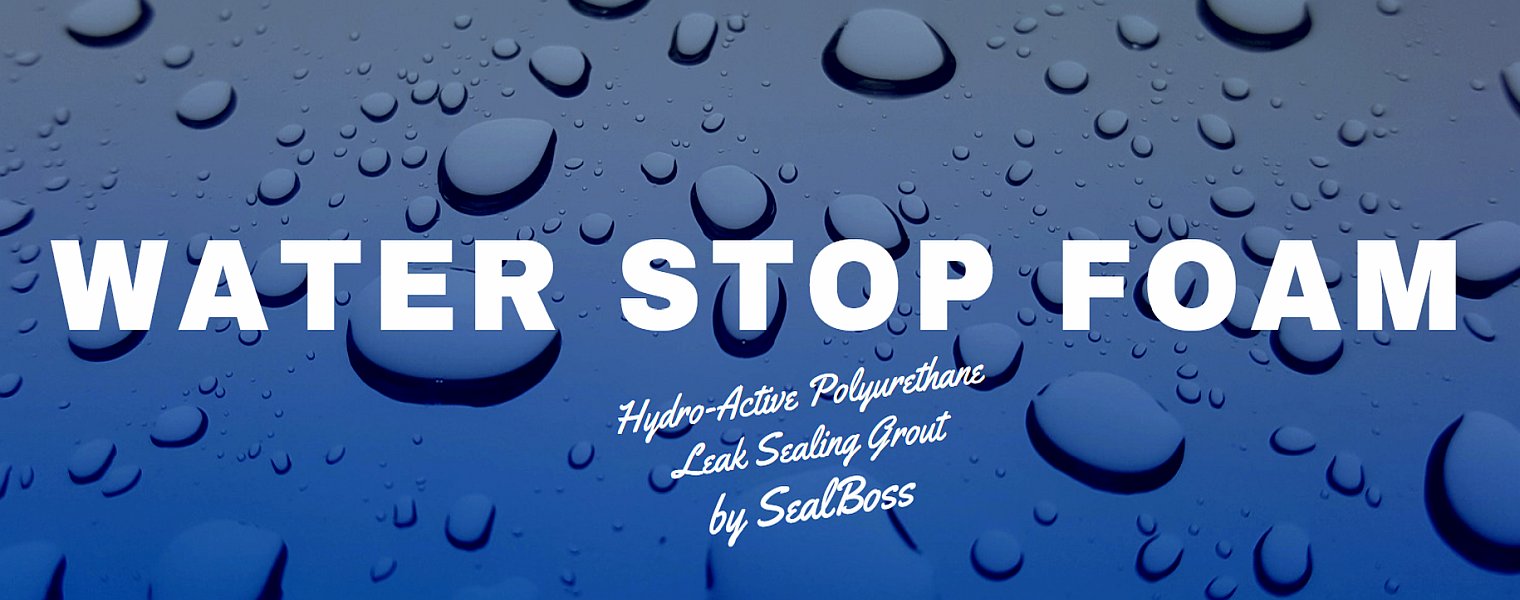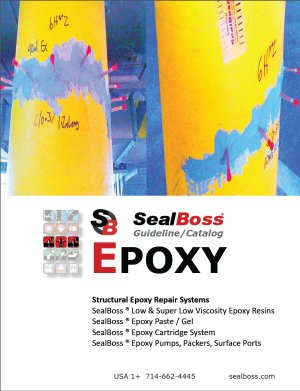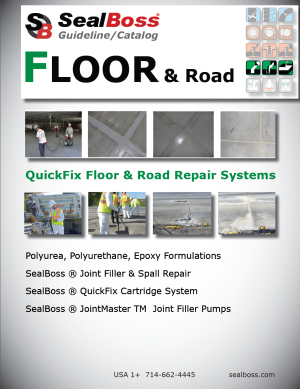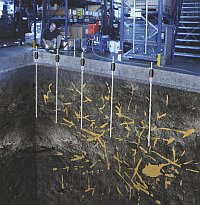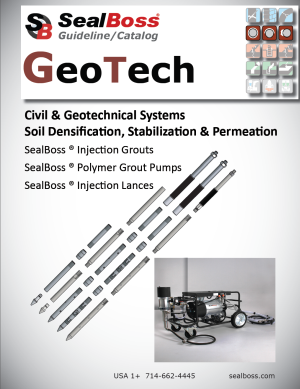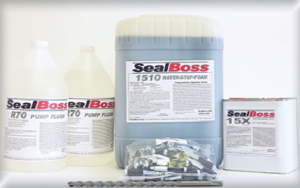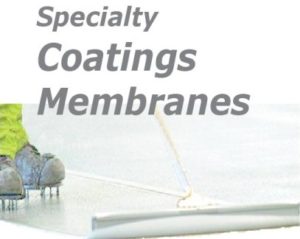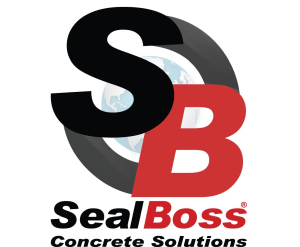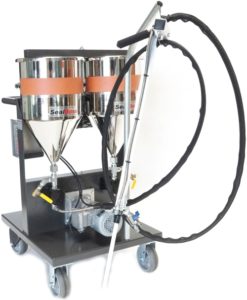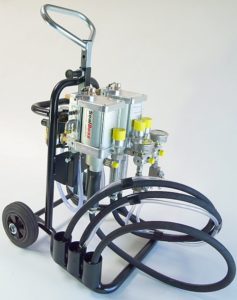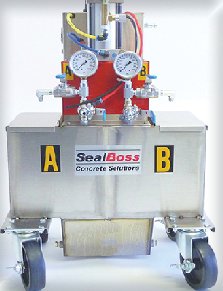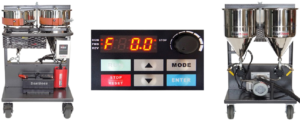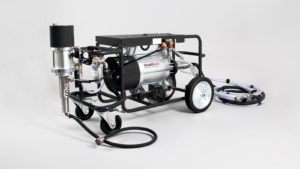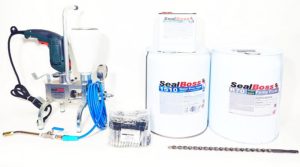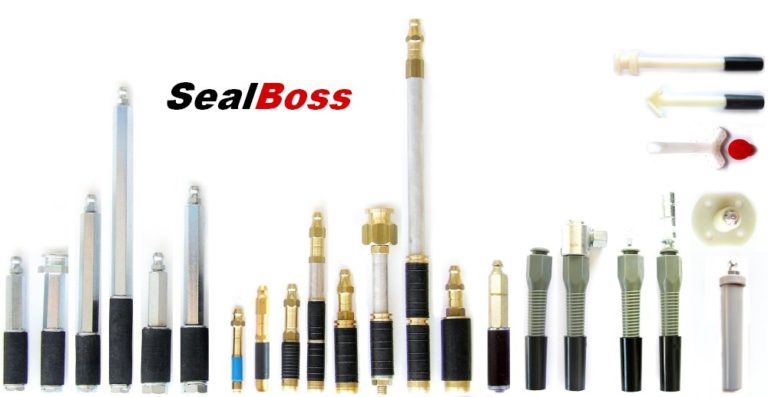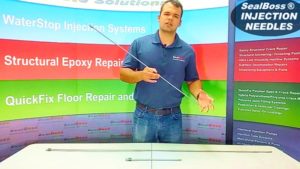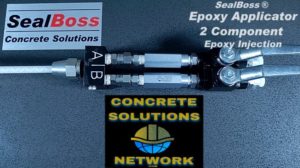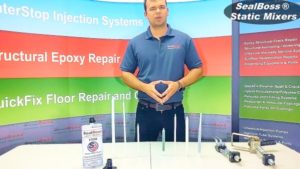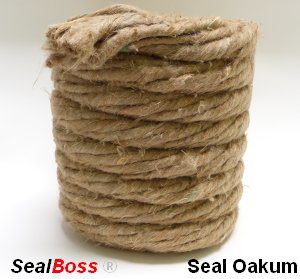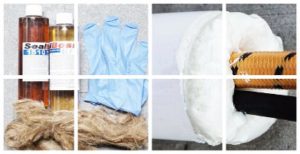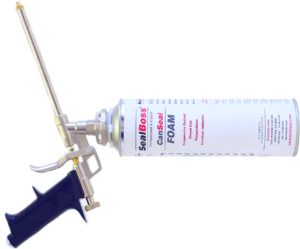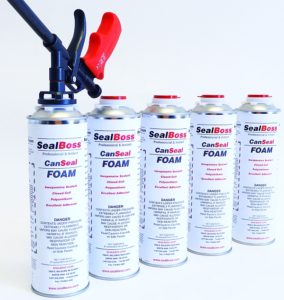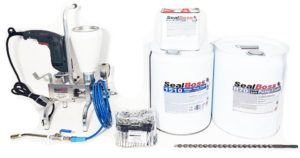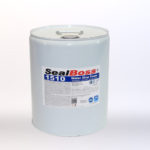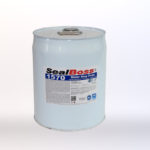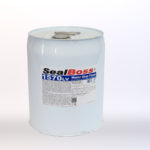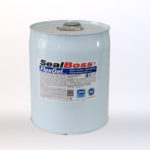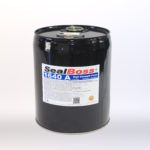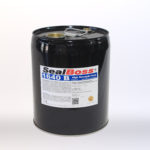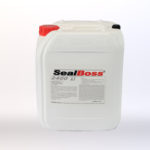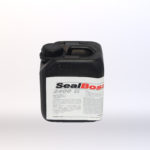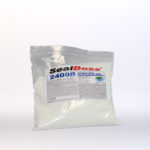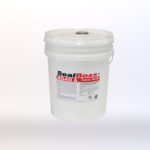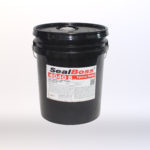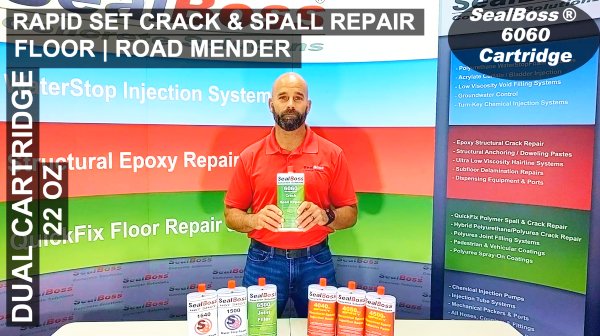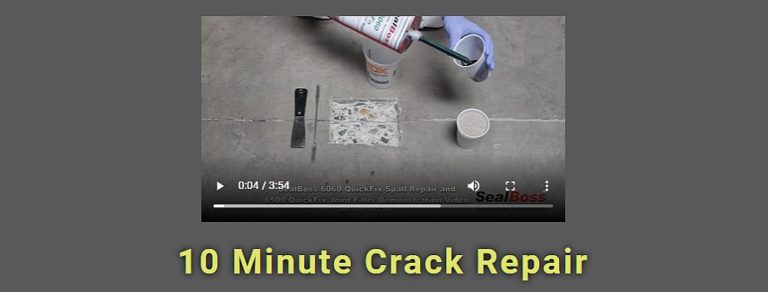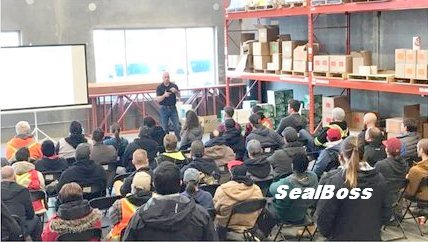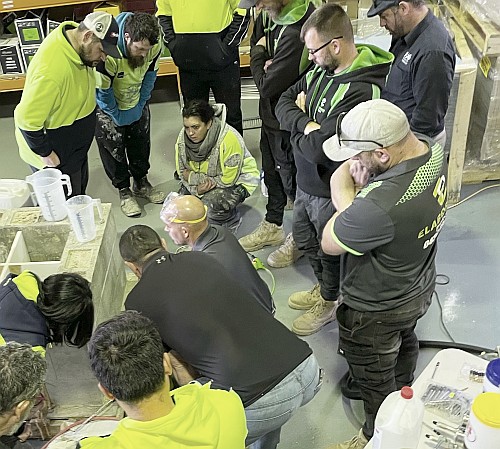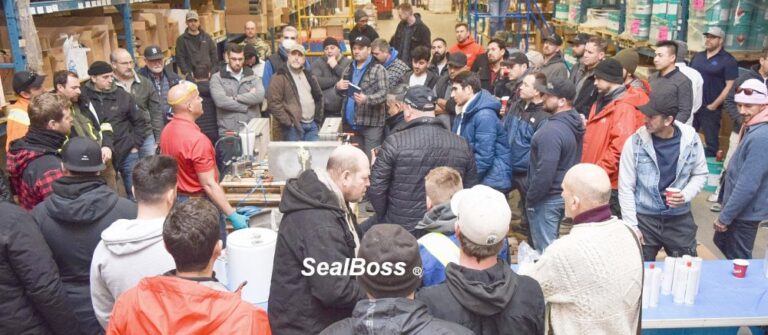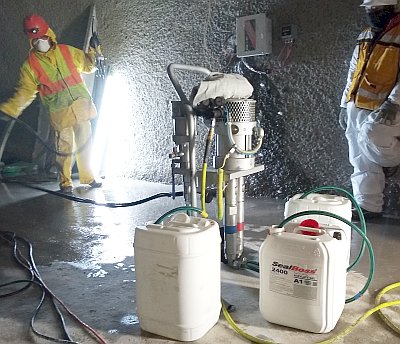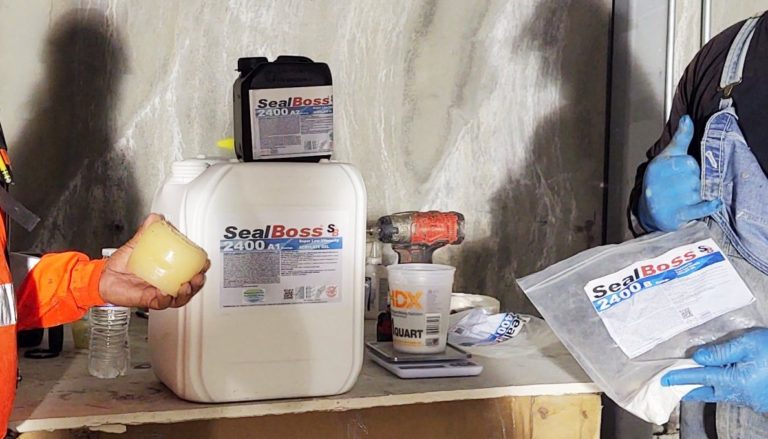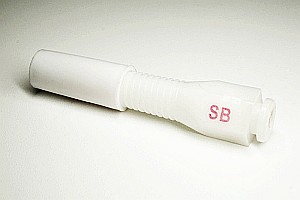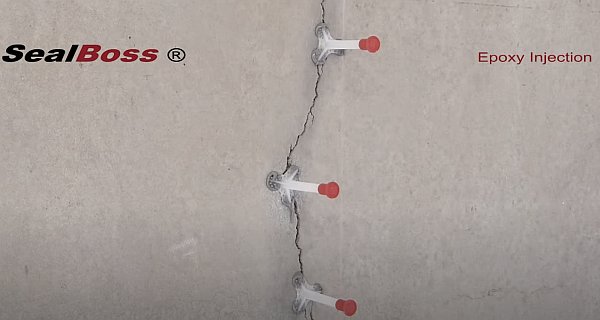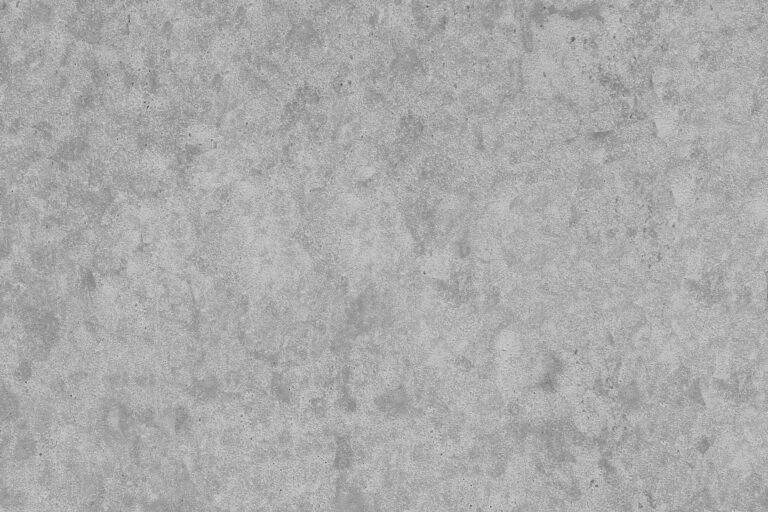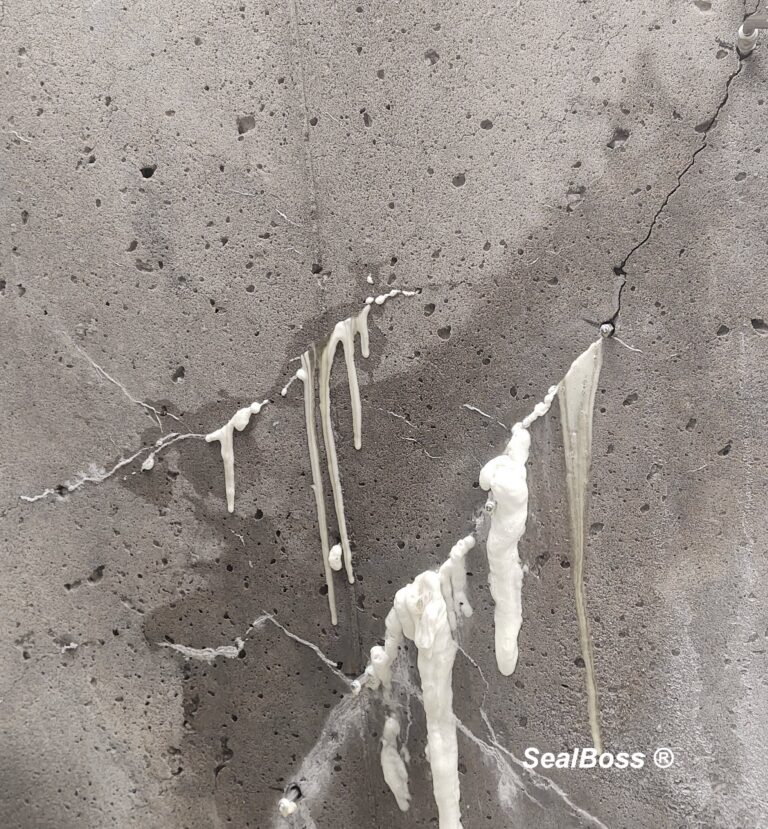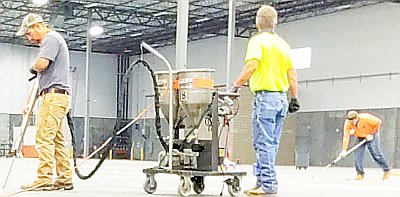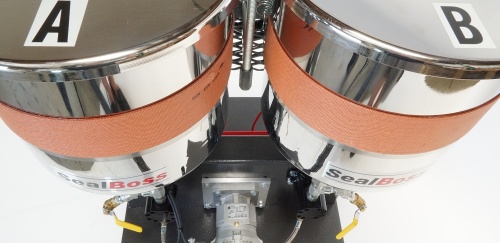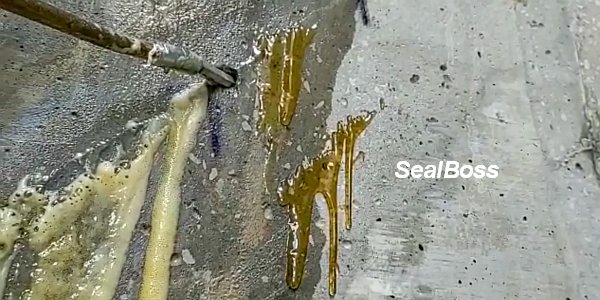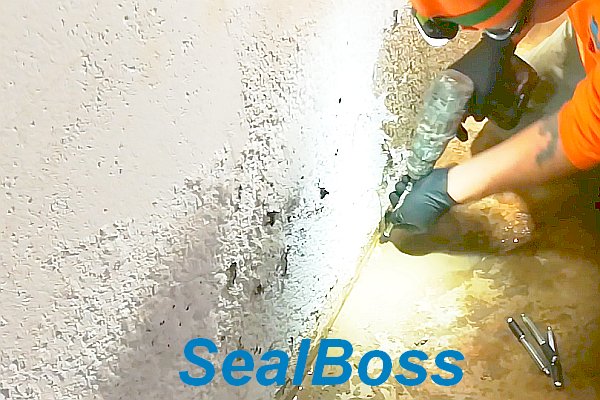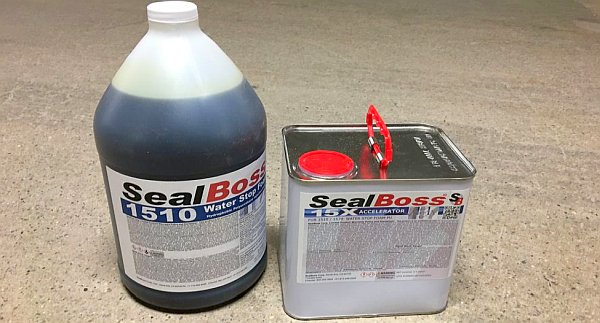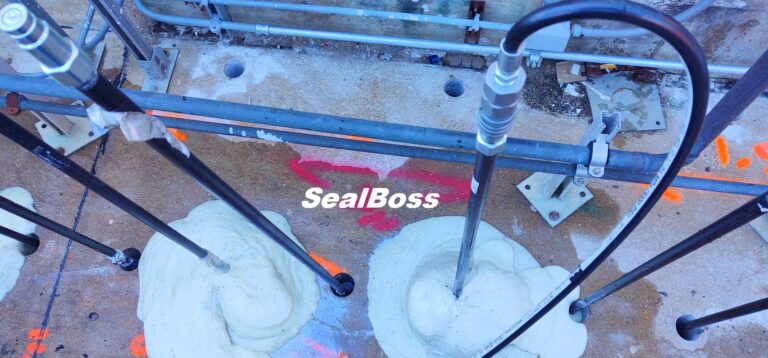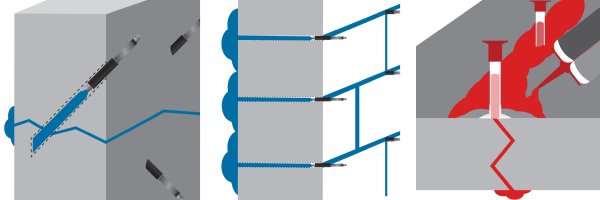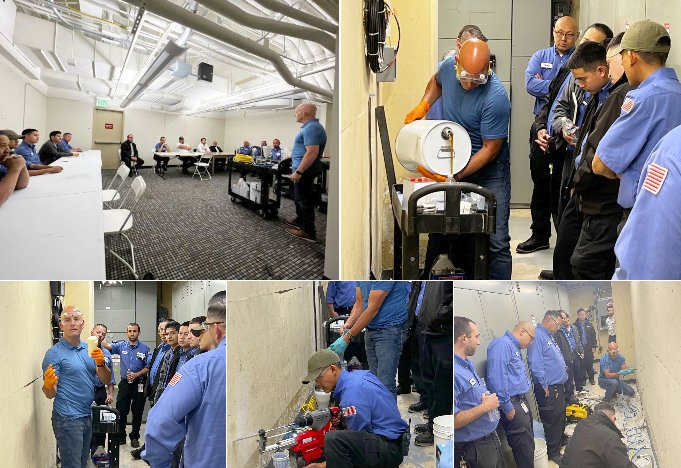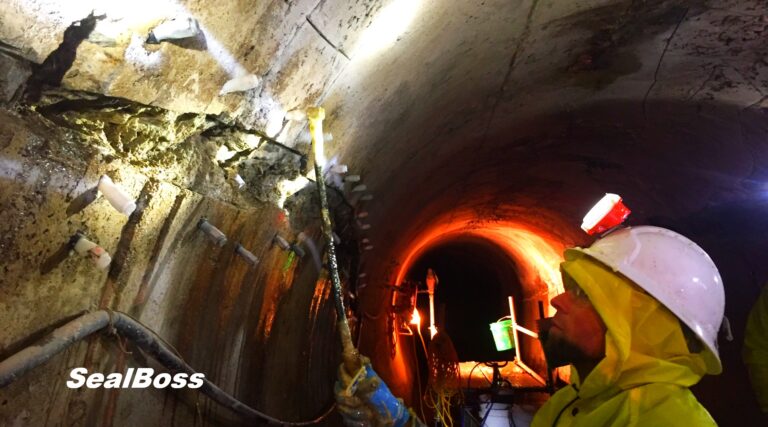Chemical Grouting
Understanding Chemical Grouting
Chemical grouting is a cutting-edge technique that has been gaining traction in various industries over the past decades, primarily for its prowess in addressing a myriad of structural, environmental, and geotechnical challenges. Often, these challenges are intertwined with issues of water migration or infiltration.
The Power of Polyurethane Chemical Grout
At the heart of this process are polyurethane chemical grouts, a potent polymer material that springs to life upon contact with water. This interaction activates the grout’s hydro-active properties, prompting it to expand and solidify. The result? A robust, watertight barrier and seal for concrete structures that can also be used to fortify loose, granular soils in geotechnical applications. Given its versatility, it’s no wonder that these grouts are the go-to solution for a diverse set of building structure and soil related repair scenarios.
Acrylate Gel Chemical Grouts: The Ultra Low Viscosity Solution
Then there’s the acrylate gel chemical grout, known for its exceptionally low viscosity. This characteristic allows it to seep into the tiniest of cracks and loose soils with remarkable efficiency. Once settled, it transforms into a flexible and resilient gel, making it a prime choice for some challenging water sealing and soil stabilization scenarios demanding the super low viscosity properties of the injection grout.
Your Quick Guide to Chemical Grouting
Chemical grouting is an innovative process employed across various industrial sectors to rectify or prevent a wide array of structural, environmental, and geotechnical issues, often – but not always – correlated with water migration or water infiltration.
Navigating the world of chemical grouting can be daunting, given the plethora of grouting agents on the market. However, a few stand out for their unparalleled efficacy and adaptability:
- Water-Activated, Hydro-Active Polyurethane Chemical Grouts: These are your best bet for creating strong barriers or solidifying soils.
- High-Strength Two-Component Water-Blown Polyurethanes: Known for their strength, they’re a reliable choice for demanding applications.
- Super Low Viscosity Acrylate Gels: Ideal for situations requiring a fine touch, these gels are both effective and adaptable.
In essence, each of these grouting agents brings a unique set of benefits to the table, making them indispensable tools in the realm of chemical grouting.
Types of Chemical Grouting Polymers
In broad terms, there are Two Categories of polyurethane grouts:
- Flexible polyurethane grouts: These grouts are often used to fill voids and cracks in the soil or structure, creating an impermeable, flexible seal that can withstand slight movements without cracking.
- Rigid polyurethane grouts:Typically used for soil stabilization and lifting concrete slabs, these grouts solidify into a strong, durable material capable of bearing significant loads.
Applications of Polyurethane Chemical Grout
With its diverse properties, polyurethane chemical grout finds applications in a wide range of scenarios. Here are some of its most common applications:
Sealing and Waterproofing
Polyurethane chemical grout serves as an excellent waterproofing agent. It creates an impermeable barrier that prevents water infiltration, making it an ideal solution for:
- Tunnel and Dam Sealing: Polyurethane grout is often used to seal leaks in tunnels and dams.
- Below Grade and Foundation Waterproofing: Polyurethane injection grout is used to effectively seal basements and foundations. The products are used for crack injection and curtain and stage grouting techniques to seal structures permanently.
Ground and Soil Stabilization
The grout is injected into the soil, where it expands, displacing loose soil and filling voids. It then solidifies, creating a stable, durable mass that strengthens the overall structure.
- Seawall Repair: Polyurethane grouting is an effective solution for filling voids and stabilizing soil behind seawalls, reducing the risk of further washouts and damage to structures.
- Permeation and Consolidation Grouting: It is also used to solidify loose, unconsolidated soils around structures and on slopes, thus preventing soil movement and erosion.
Concrete Lifting and Leveling
Rigid polyurethane grout can be used to lift and level concrete slabs, making it a popular choice for:
- Roadway and Sidewalk Repair: The grout can be injected beneath the concrete to lift and realign sagging or uneven roadways and sidewalks.
- Building Foundation Leveling: Polyurethane grouting is also employed to level building foundations that have settled or shifted over time.
Applications of Acrylate Gel Chemical Grout
Acrylate gel grouts are widely utilized due to their exceptional flexibility and permeation characteristics. Here are some typical applications:
- Curtain Grouting: Acrylate gel grouts can be used to create an impermeable barrier or “curtain” around tunnels, basements, or other structures, preventing water ingress. Acrylate gel grouts are ideal for sealing fine cracks in concrete and other structures, thanks to their super low viscosity and flexibility.
- Soil Stabilization and Permeation: Similar to polyurethane grouts, acrylate gels can be used to solidify loose soils, enhancing stability.
Applications of Epoxy Chemical Grout
- Epoxy resins are renowned for their exceptional compressive and tensile strength properties, making them a go-to choice for structural repairs. For a more comprehensive understanding of the benefits of epoxy products and to explore a selection from the SealBoss Epoxy System Product Line, please follow this link.
Leading Chemical Grout Products
There are several exceptional polyurethane grouting and acrylate gel products available on the market today, each offering unique features to address specific needs. From the robust line of SealBoss Corp., find below a selection of some standout products:
Leak-Seal Foam Grout
Water Stop Foam Grout
Hydrophobic Injection Foam Grout
Our #1 Selling Polyurethane Injection Foam
Water Cut-Off Injection Grout
Semi-Flex Foam, Water-Activated chemical injection grout. Our most versatile product. Water activated hydrophobic polyurethane foam, expands up to 30-40 times.
Leak-Seal Foam Grout
Water Stop Foam Grout
Hydrophobic Injection Foam
Flexible Polyurethane Injection Foam
Flexible Foam, Water-Activated chemical grout.
Leak-Seal Foam Grout
Water Stop Foam Grout
Hydrophobic Injection Foam
Super Low Viscosity Polyurethane Injection Foam,
Water-Activated chemical grout. Drinking Water
Leak-Seal Injection Gel
Hydrophilic Injection Foam Gel
Hydrophilic Gel
Versatile Hydrophilic Polyurethane Foam-Gel
Water activated single component hydrophilic Polyurethane grout. Reacts to a foam with 1 to 3 parts of water added and to a very flexible gel with 4 to 15 parts of water added (by volume). Drinking Water Contact meets NSF/ANSI 61 Section 5 requirements.
Void Filling
Lifting
Rigid, High Strength, SlabLifter & Void Fill Foam
Two component polyurethane foam with structural qualities to stabilize, lift and cut-off water. Fast reactive formula to gain strength within minutes.
– Commercial Bulk Packaging
– Cartridge System
Leak Stop
Acrylate Gel
Acrylic Gel
SUPER LOW VISCOSITY
Poly Acrylate Chemcial Grout Gel
Hydrophilic poly-acrylate gel / acryclic gel for soil stabilization, curtain-injection, infusion bladder injection into structures and to seal degrading masonry grout.
STRUCTURAL REPAIR INJECTION
Epoxy Systems
Super low viscosity and low viscosity, 100% solids, hi-mod, 2-component, moisture-tolerant,high strength, multi purpose, epoxy injection resin adhesives.


